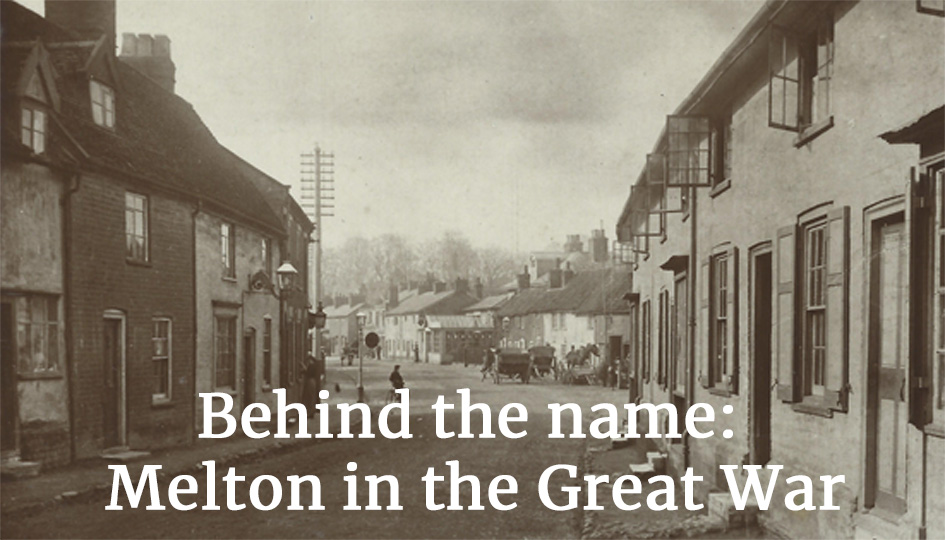Cyril Ronald Baldry was born in 1921 and was the son of James Henry Baldry - a painter and decorator and his wife Martha (née Boon). In 1925, his mother, Martha died and his father, James, remarried in 1929 to Rhoda Bull.
Cyril was known as "Joe" to his friends and acquaintances who was working as an “Ale tester” at the Bull Hotel in Woodbridge.
He enlisted into the 4th (Territorial) Battalion, Suffolk Regiment in 1938 and was called up at the start of the war. After “Home Service” in Britain, the battalion was posted overseas – the initial destination was Egypt but instead were sent to Singapore. They arrived at the end of January 1942, to help bolster the garrison there.
On 15th February 1942, barely two weeks after the battalion disembarked, Singapore was surrendered to the Japanese and Cyril, along with his companions, became Prisoners of War. Cyril was first held in the Adam Road Camp, also known as Malai 4. The prisoners were assigned to one of 12 groups designated as Force “A” to “L” who were sent as forced labour to one of many projects in Japanese held territories. Cyril was probably allocated to either Force “F” or “H” who were destined to work on the Burma Railway.
Lieutenant-Colonel Alfred E Knights of the 5th (Territorial) Battalion, Royal Norfolk Regiment, was in charge of one group of soldiers and was responsible for liaising with their Japanese captors. In his memoir, “Singapore and the Thailand Burma Railway” he wrote that in late 1943, cholera swept through the work parties affecting Force “F” and “H” particularly. It is likely that this was the cause of Cyril’s death on 2nd September 1943.
It was later ascertained that in a 5-month period in 1943, 42% of the 7,000 strong Force “F” and “H” died – the majority from cholera.
Cyril’s grave is located in Kanchanaburi War Cemetery in Thailand and is the last resting place for 6858 men who worked on the Burma Railway.
